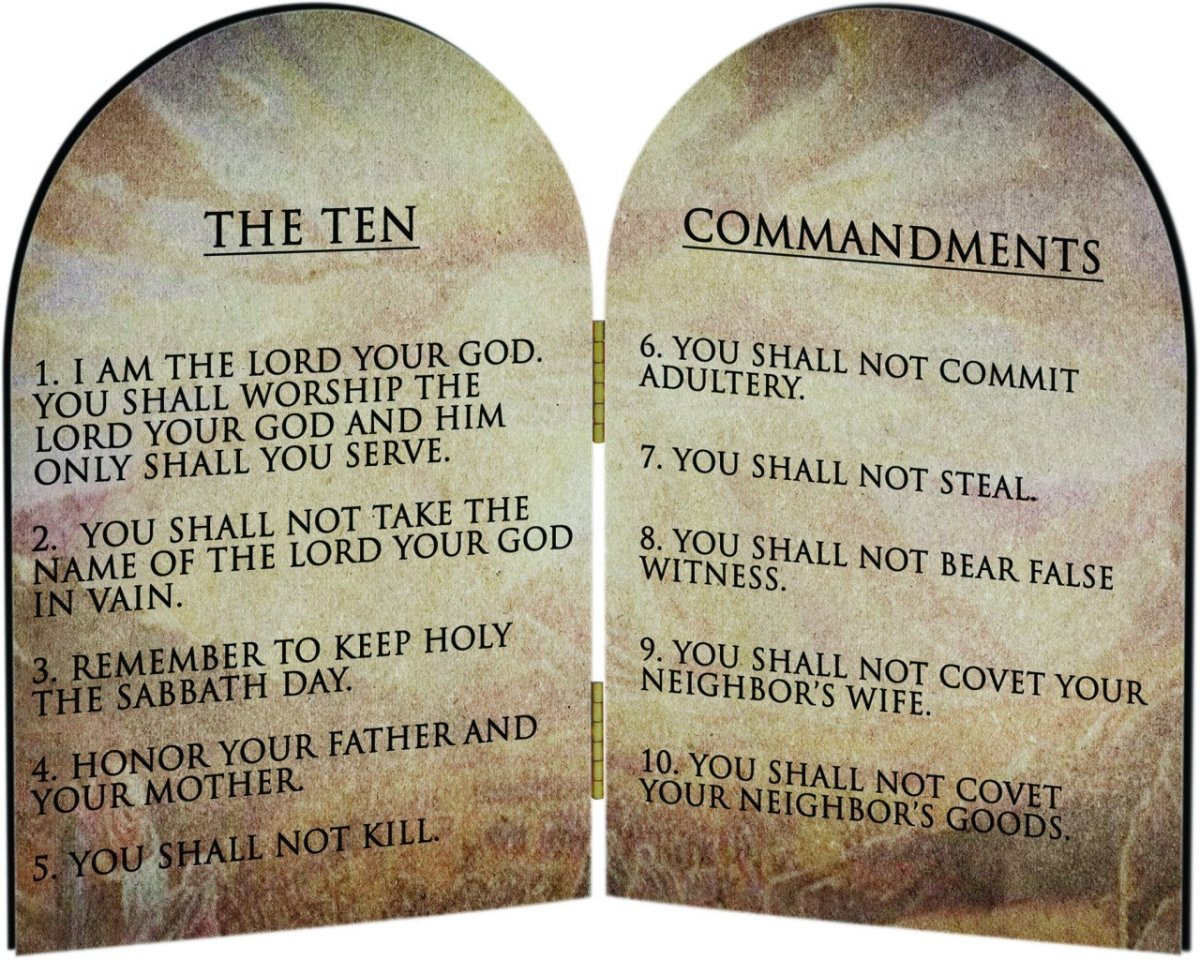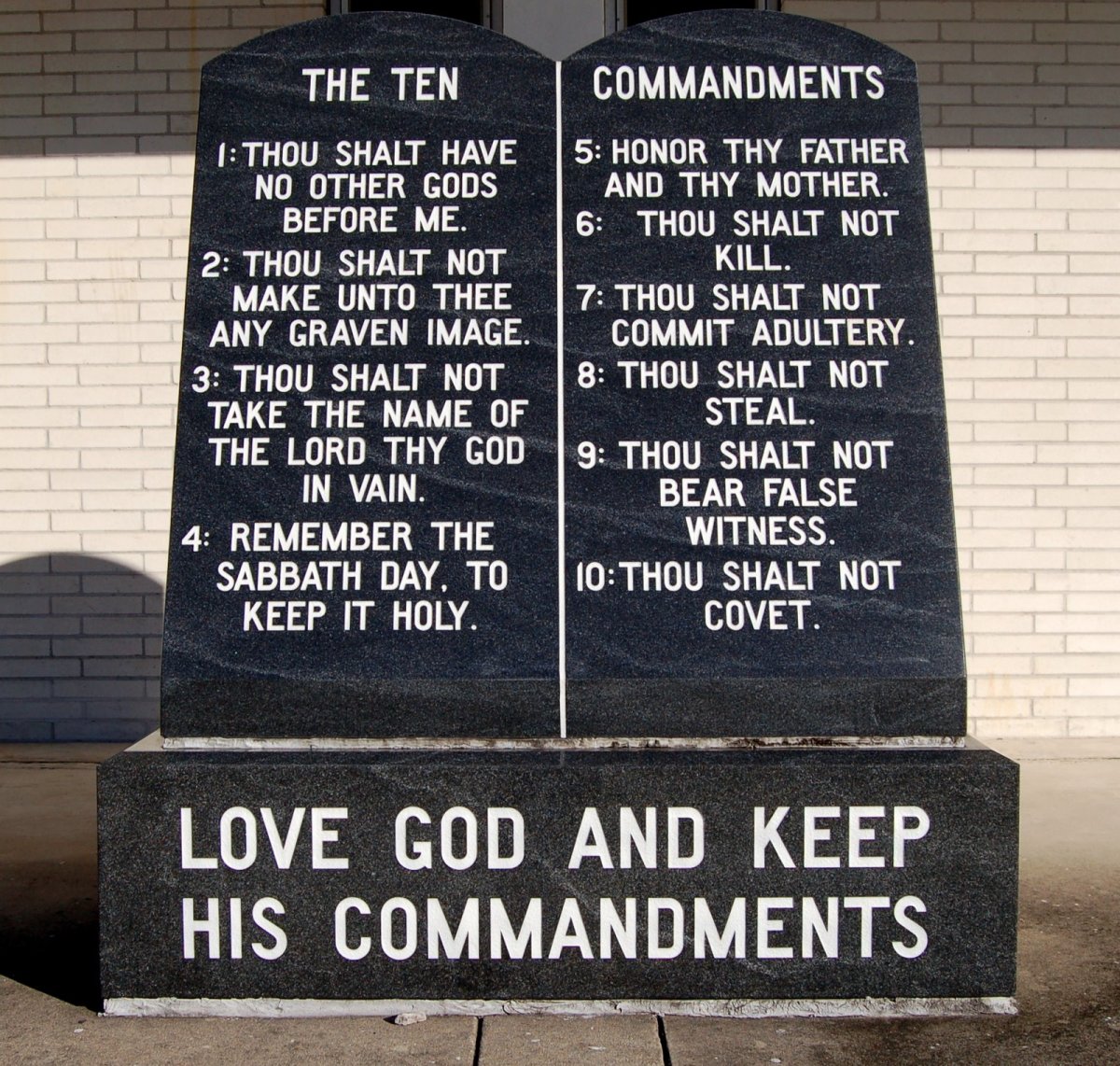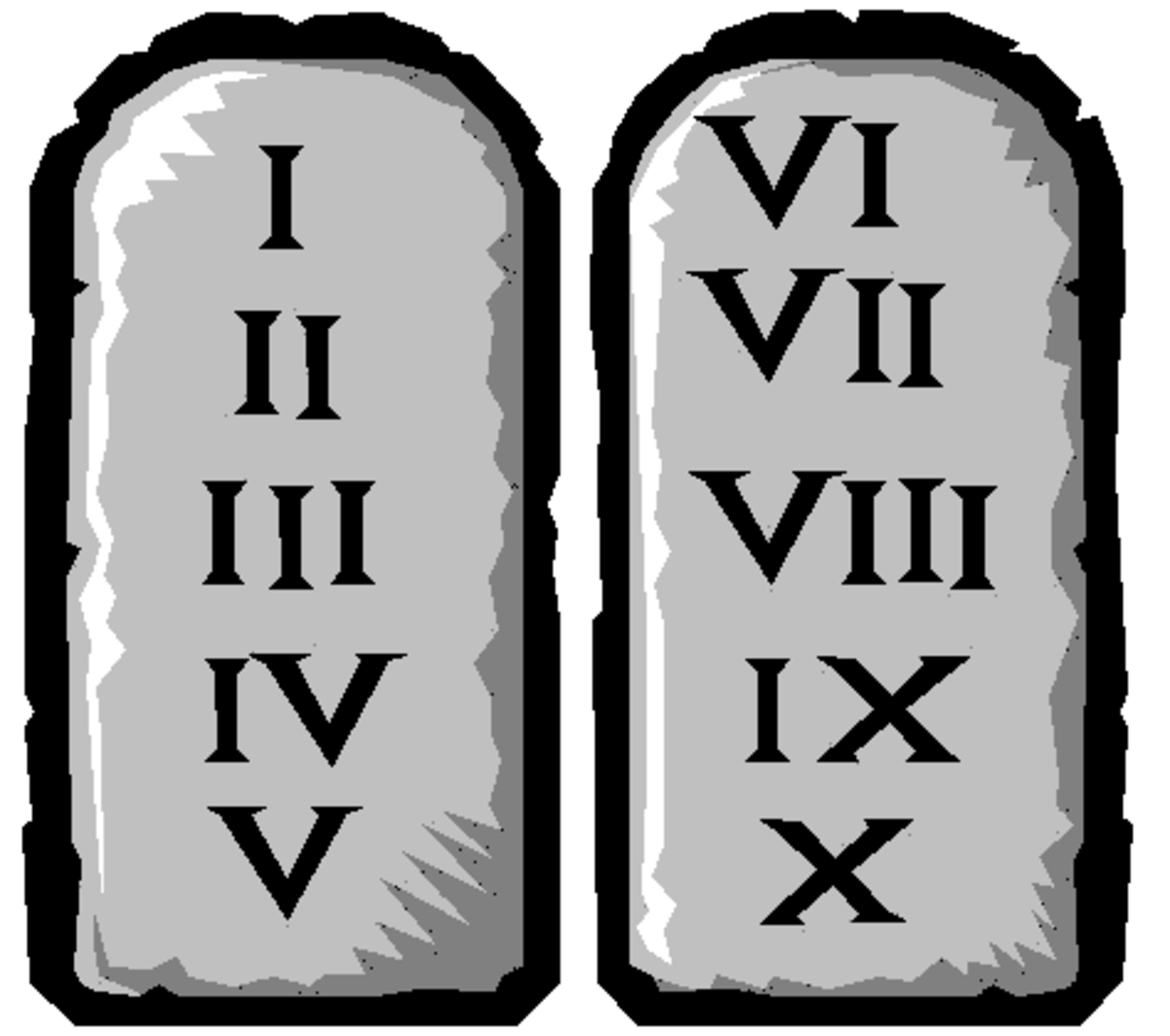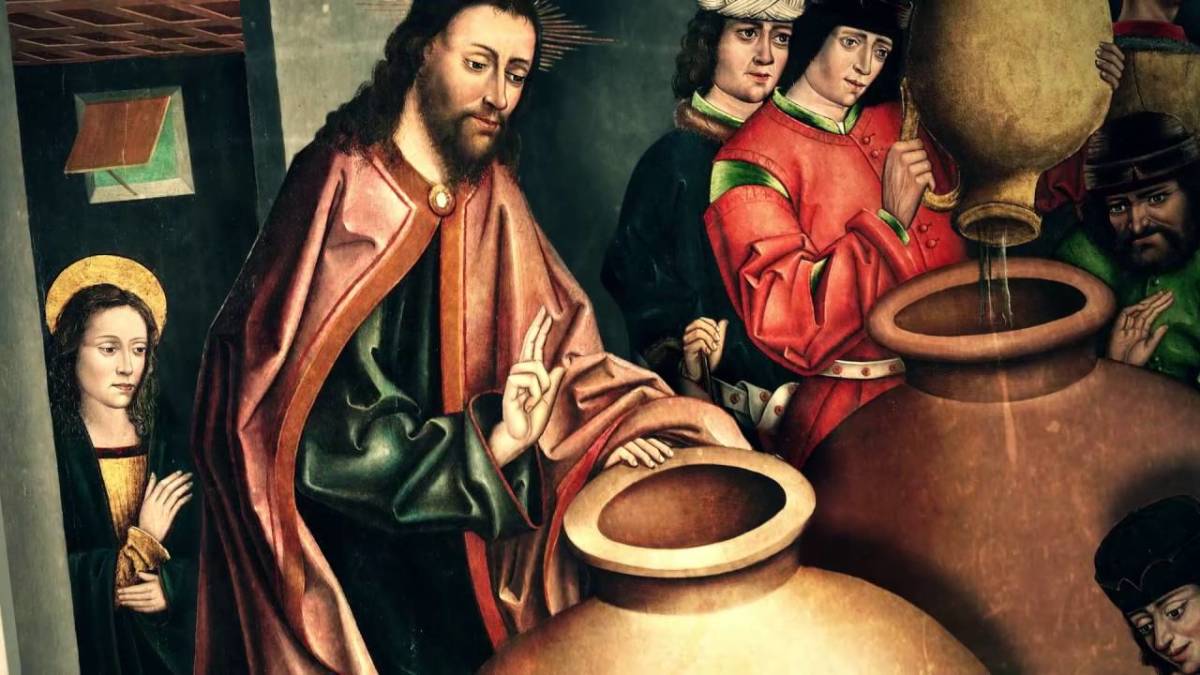The Two Greatest Commandments are Nothing New

Take the Poll
What does the Bible mean by loving your neighbor?
The Two Greatest Commandments are Nothing New
Sometimes, when I speak or write about keeping the Ten Commandments, someone opposed to the Law of God will comment that it's not necessary to it anymore because Jesus replaced it with the two commandments to love God supremely and love your neighbor as yourself (Matthew 22:36-39). However, Jesus actually wasn't replacing the Ten Commandments or adding anything new. He was simply reiterating existing principles found in the Old Testament.
Loving God Supremely
The mandate to love God supremely is found in Deuteronomy 6:5; and it reads, "... thou shalt love the Lord thy God with all thine heart, and with all thy soul, and with all thy might. What's interesting about this mandate is that it comes right after the listing of the Ten Commandments in Deuteronomy 5. In other words, the mandate to love God supremely is meant to help sum the commandments up, not replace them. And the ones that it sums up are the first four. The ones that deal with our relationship with God. The ones that tell us to venerate God, avoid idolatry, not use the Lord's name in vain, and keep the Sabbath day holy. Similar circumstances surround the mandate to love your neighbor as yourself.
Loving Your Neighbor as Yourself
Leviticus 19:18 plainly states, "... thou shalt love thy neighbour as thyself". And like the Old Testament mandate to love God supremely, it is in the context of obeying the Law of God. All of the Ten Commandments can be found in Leviticus 19. The mandate to love your neighbor as yourself sums up the last six commandments, which deal with how we are to behave towards one another. The ones that tell us to honor our parents, not commit adultery, steal, murder, lie, and covet.
Not a Replacement
The two commandments to love God supremely and love your neighbor as yourself were never designed to be a replacement for the Ten Commandments. I'm not even sure where people get that idea from. The Bible never uses the word, "replace", or anything like it, when speaking about the relationship between the two commands to love and the Ten Commandments. If people would read their Bibles more closely, they would see that Jesus was simply answering a question when referring to the two commands of love.
In Matthew 22:36, Jesus was asked, "... which is the greatest commandment in the law?" (NIV). What is the Law? One of the definitions of the Law is the first five books of Moses (there are four biblical definitions of the word Law: 1) the first five books of Moses, 2) the Old Testament, 3) the Ten Commandments, and 4) the ceremonial law. Their application differs according to their context). Apparently, Jesus understood His question to mean, "Which is the greatest commandment in the first five books of Moses?" Because that is what he referred to when answering His question.
A Summary of the Law
Other New Testament scriptures make it apparent that the two commandments of love were meant to sum up, not replace, the Ten Commandments. For example, 1 John 5:3 states, "For this is the love of God, that we keep his commandments: and his commandments are not grievous." How do we show our love for God (and our neighbors)? By keeping the Ten Commandments. It's right there!
Not to mention, approaching this from a logical standpoint, if the two commandments of love were not meant to sum up the Ten Commandments, and instead they were meant to replace them, what would that mean? In other words, how do you show your love to God and your neighbor when you don't have anything to define that love by? That would be like God telling us to love our neighbor and us asking God, "Well, how do I do that, God?" And then God answers, "You figure it out. I don't know. Go hug them and have tingley feelings inside." No!
The Law, a Safeguard
Jesus did not come to replace or do away with the Law. He said that, in His own words: "Think not that I am come to destroy the law, or the prophets: I am not come to destroy, but to fulfil." Matthew 5:17. The Law is actually a safeguard to help us maintain healthy relationships with God and others; and to keep us from ruining our lives by sin. Why would we want to do away with it?
Not to mention, Jesus died for our sins on the cross. Why would we want to keep doing that which killed Jesus—sinning? That also brings up another good point about the enduring nature of the Ten Commandments. If Jesus did do away with them, why did He then later die on the cross for them being broken? It doesn't make sense. If there wasn't any Law anymore, there wouldn't be any more sin; because sin is breaking the Law; and Jesus' wouldn't have to have died on the cross for our sins.
Jesus did not replace the Ten Commandments with two commandments of love. Those commandments are actually Old Testament principles that Jesus referred to. They sum up the Ten Commandments; and the Ten Commandments define what loving God and your neighbor is.
If you are confused about whether or not to obey God's Law, I hope this hub has been of help to you. One thing is for sure. God is not going to keep us out of Heaven for obeying the Ten Commandments. However, I can't say the same is true the other way around: "Blessed are they that do his commandments, that they may have right to the tree of life, and may enter in through the gates into the city. For without are dogs, and sorcerers, and whoremongers, and murderers, and idolaters, and whosoever loveth and maketh a lie." Revelation 22:14, 15.
All Scripture references are from the KJV Bible, unless otherwise noted.
More Hubs by X-Con and Other Christian Resources
My testimony of how Jesus delivered me from a life of rebellion, dabbling in the Occult, drugs, crime and prison.
Explanation of the Ten Commandments existing before Sinai and applying to the Christian church of today. Also, motivation for obedience—love for Jesus.
These classic Bible lessons have helped tens of thousands to understand their Bibles and prophecy better! Each Study Guide covers an important Bible topic step by step, with revealing Scripture and easy-to-understand lessons. Learn what it means to be a Christian and discover the real Jesus, the Bible, and the gospel through this popular series!








